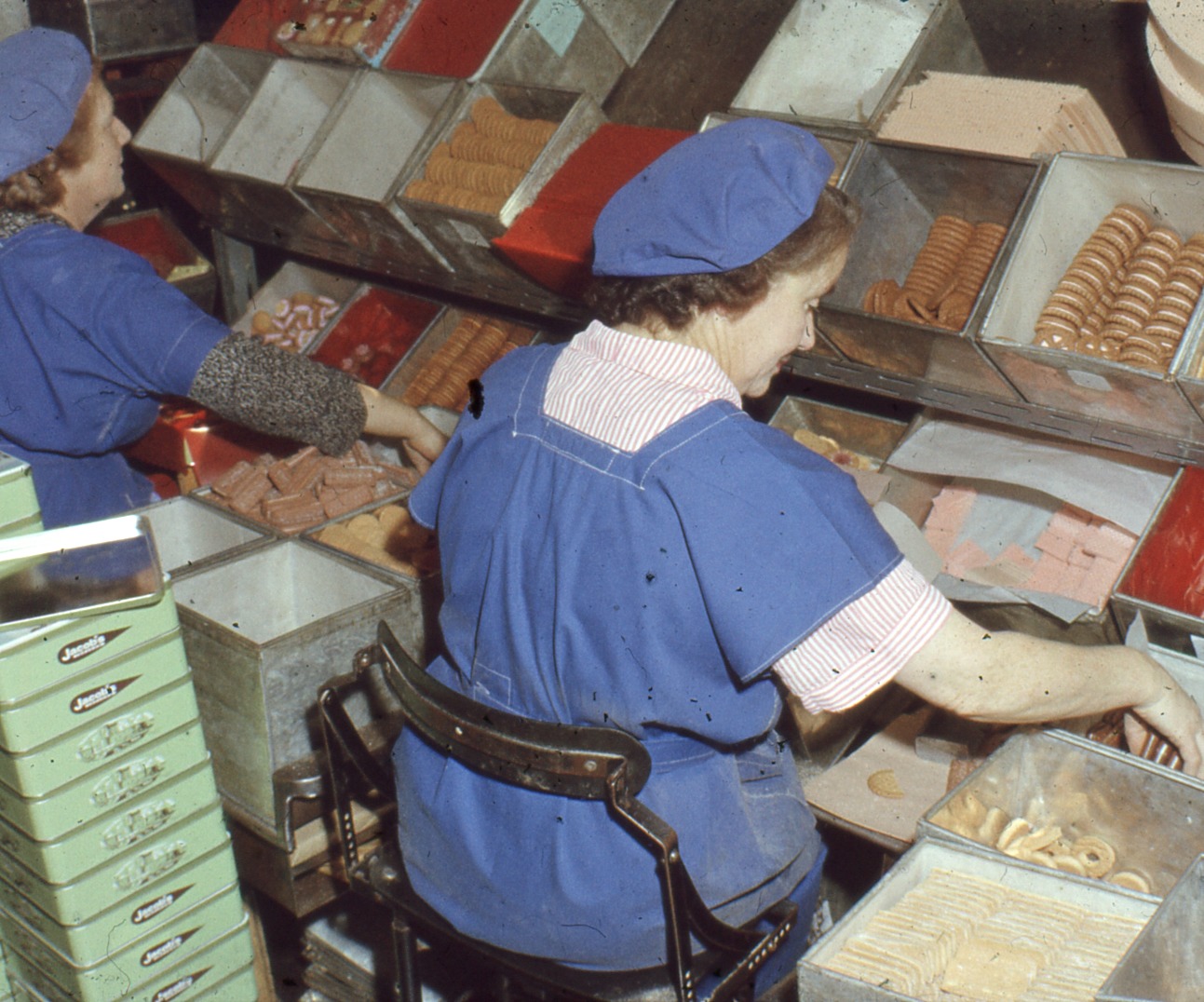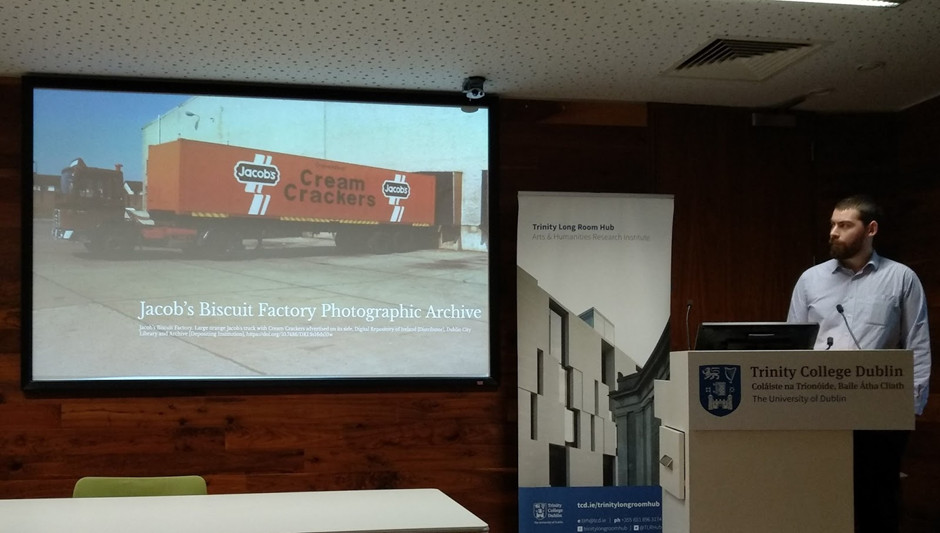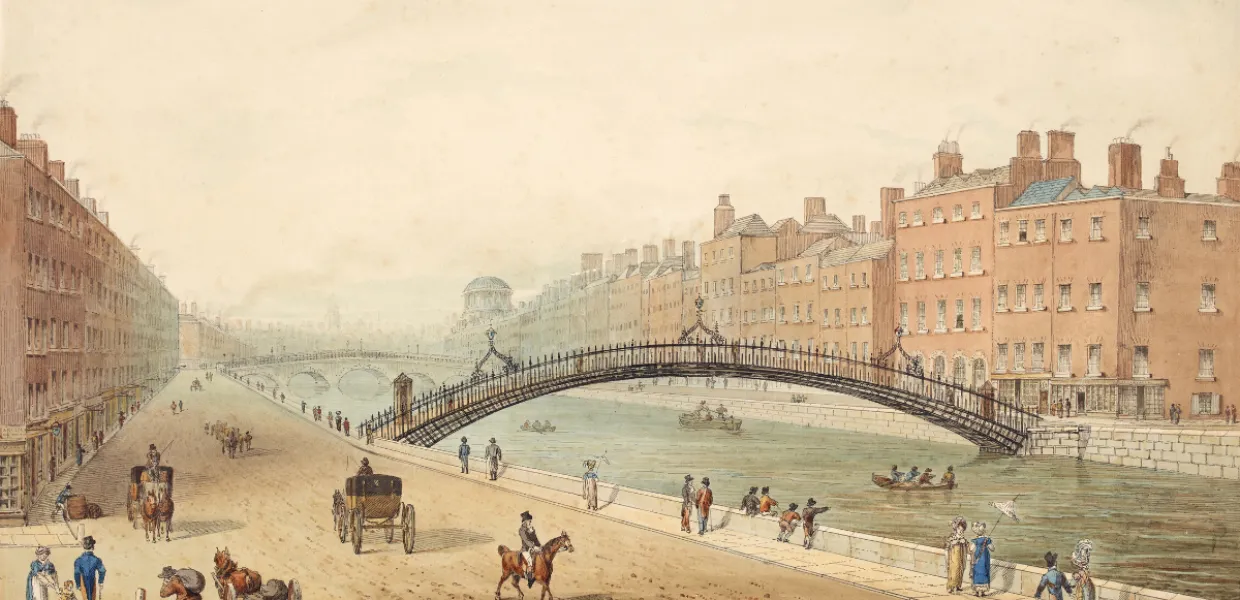This post was originally published on the Europeana blog on 6th March 2020.
Europeana has been supporting the discovery of Ireland’s cultural heritage for over a decade and in this post we explore some of the more recent developments, including the work of the Digital Repository of Ireland (DRI) as the new national aggregator.
Europeana in Ireland
Europeana now provides access to over 125,692 items aggregated from 28 cultural heritage institutions across Ireland. The Europeana Network Association currently has 76 Irish members and ten Collection Days for Europeana 1914-1918, Europeana Migration and the Europe at Work season have taken place across Ireland.
Digital Repository of Ireland
In January 2019, the Digital Repository of Ireland (DRI) became the Irish partner in Europeana’s Common Culture Project. As part of the project, DRI have been working to re-establish a national Europeana aggregator for Ireland, which was achieved in October 2019 by reaching accredited aggregator status at the Europeana Aggregators’ Forum meeting in Stockholm.
At the Europeana 2019: Connect Communities Conference, Executive Director Harry Verwayen’s keynote celebrated the impact of the DRI as the new national aggregator working with the Europeana Network Association to improve capabilities in Ireland. He emphasised the importance of having, at national level, ‘an organisation that unites all the energy that is in that country through the Europeana Network and how much that means to a country.’
Jacob’s Biscuit Factory Photographic Collection
DRI has committed to adding 25,000 new objects to Europeana over the course of the project. Dublin City Library and Archives’ Jacob’s Biscuit Factory Photographic Collection became the first collection to be aggregated to Europeana from the DRI. Jacob’s Biscuits is one of Ireland’s most recognisable brands, with over 150 years of history in Dublin. The Jacob’s photographic collection of 3,227 images provides glimpses into the working lives of Jacob’s employees in Dublin from the late 19th century and throughout the 20th century. It also includes images of factory machinery, advertising displays and corporate events.

[Assorted Packing at the Jacob’s Biscuit Factory | Dublin City Library and Archive | CC BY-NC-ND]
To launch the publication of the collection on Europeana and on the DRI’s repository, DRI organised an event in Trinity College Dublin’s Long Room Hub which promoted Europeana to professionals in galleries, libraries, archives and museums as well as researchers. The event aimed to explain some of Europeana’s terminology, explore the technical aspects of aggregation, introduce the work of the Europeana Network Association and showcase Europeana as a platform for research. A Jacob’s Biscuit Factory blog was published on the same day on Europeana Collections to provide context around the collection and its significance in Ireland.

[Dáire Rooney speaking at event ‘Engaging with Europeana for Cultural Heritage Professionals and Researchers’, Trinity College Dublin, 21 November 2019 | CC BY-NC-ND]
Since then two additional collections have been aggregated, the DRI’s ‘Inspiring Ireland 1916 – Public Memorabilia’ collection which showcases materials digitised at collection days focused on the 1916 Rising, and the Cork LGBT Archive, which tells the history of the LGBT movement in Cork. Many more collections are due to be aggregated to Europeana in the coming months.

[Box of Badges | Cork LGBT Archive | CC-BY-NC-ND]
As well as aggregating new Irish material to Europeana, DRI will be running a number of training and outreach events to help spread the word about the benefits of Europeana to the GLAM sector in Ireland. DRI was delighted to have been awarded a grant under the Europeana Research Grants programme, announced at the Europeana 2019 Conference in Lisbon. This grant will allow the hosting of a special event titled Fair and Open Data – the Opportunities for Humanities Researchers to take place in the National Library of Ireland on 21st April 2020. This will be co-organised by DRI, Europeana Research and the Research Data Alliance Ireland national node and will explore how Cultural Heritage Institutes can benefit from and contribute to the FAIR data movement. This event is free and open to all, though registration is necessary. For more details and to register, visit the Eventbrite page here.
—
Software Engineer, Digital Repository of Ireland, Research IT group in Trinity College Dublin
Europeana Content and Engagement Coordinator, Digital Repository of Ireland
Europeana Members Councillor and Archivist at the National Archives, Ireland
[Main image: The Ha’Penny Bridge Dublin – Samuel Frederick Brocas 1818, National Library of Ireland Ireland, Public Domain (PD)]




